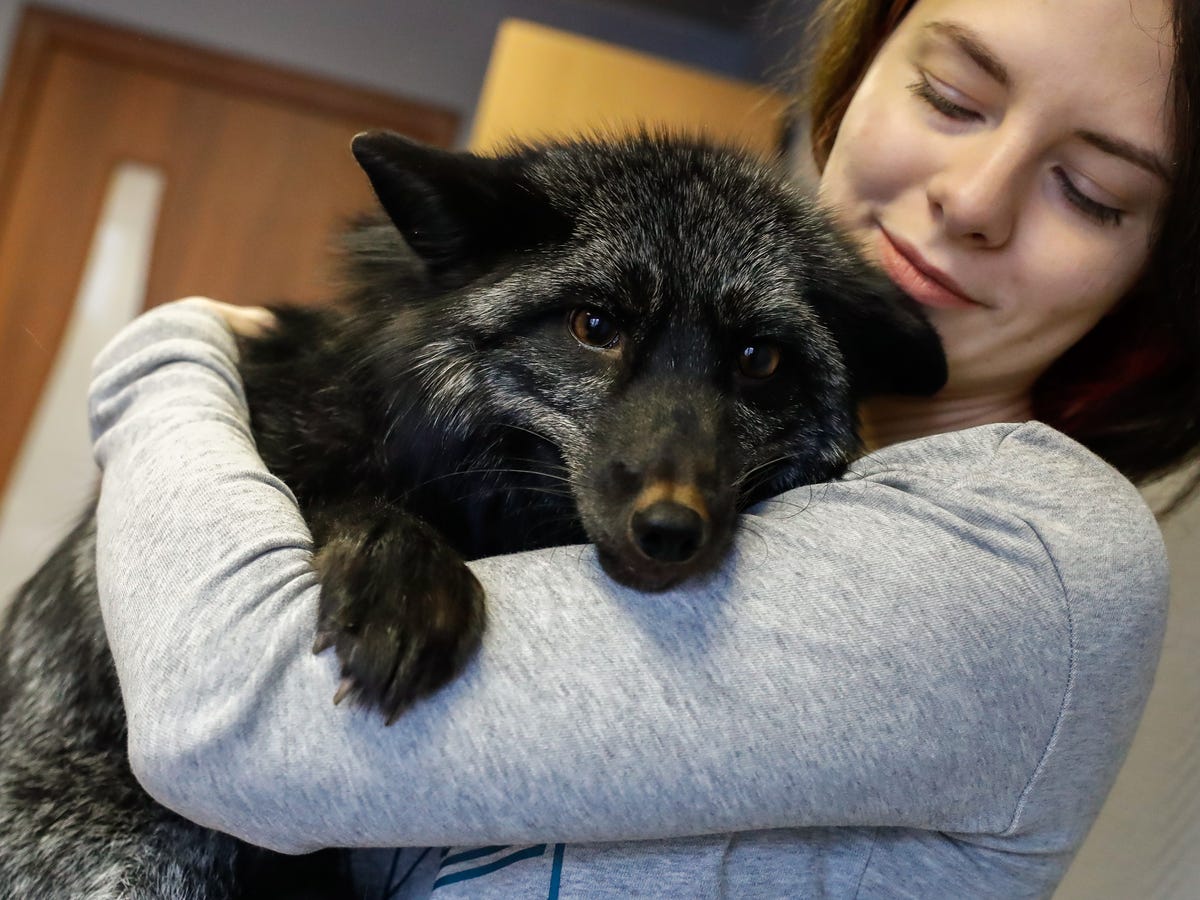Exotic pets are fascinating, rare, and highly sought after by animal enthusiasts. But before you decide to bring home a bush baby, a hedgehog, or even a hybrid cat, it’s important to understand the laws in your state. Exotic pet ownership in the United States is regulated at both the state and federal levels, with rules ranging from very permissive to extremely strict. In this guide, we break down what exotic pets are legal in California, Arizona, and Texas without a license.
What Exotic Pets Are Legal in California
California has some of the strictest exotic pet laws in the U.S. The state’s Code of Regulations Title 14 § 671 prohibits owning most non-domestic and exotic animals. Permits are only issued for scientific, educational, or exhibition purposes—not for private pet ownership.
Examples of animals that are not legal in California:
- Ferrets
- Hedgehogs
- Monkeys and primates
- Raccoons and skunks
- Squirrels, gerbils, and other non-native rodents
Allowed in some cases:
- Hybrid cats such as Savannah cats, depending on generation and breeding
- Certain reptiles, amphibians, and birds (check species lists with the California Department of Fish and Wildlife)
Violating California’s exotic pet laws can result in fines up to $10,000, jail time, and confiscation of the animal.
What Exotic Pets Are Legal in Arizona
Arizona has more relaxed exotic pet laws compared to California. Many species that are illegal in California are legal to own in Arizona, although some restrictions still apply.
Legal in Arizona without special permits:
- Ferrets
- Hedgehogs
- Many types of reptiles and amphibians
- Certain small exotic mammals
Restrictions apply to:
- Large wild cats (e.g., lions, tigers)
- Non-human primates
- Dangerous reptiles (e.g., venomous snakes, crocodiles)
Arizona’s law is generally more open, but owners must still comply with animal welfare regulations and ensure their pets are housed safely.
What Exotic Pets Are Legal in Texas Without a License
Texas is one of the most permissive states when it comes to exotic pet ownership. Many exotic animals can be owned without a license, though dangerous wild animals require registration or permits.
Exotic pets legal in Texas without a license include:
- Lemurs
- Kangaroos and wallabies
- Sloths
- Capybaras
- Hedgehogs and ferrets
- Most reptiles (non-venomous species)
License required for:
- Big cats (lions, tigers, leopards, cougars)
- Bears
- Wolves and wolf-dog hybrids
- Non-human primates in some counties
Texas law gives counties the authority to regulate dangerous wild animals, so requirements may vary by location.
Conclusion
Exotic pet ownership in the U.S. is a state-by-state issue. California has some of the most restrictive rules, Arizona allows more species with fewer permits, and Texas stands out as one of the most exotic-pet-friendly states.
If you’re considering an exotic pet, always:
- Check your state and local laws.
- Make sure the animal is bred in captivity, not taken from the wild.
- Ensure you can provide proper care and housing for the species.
For more updates on exotic animals for sale and ownership laws, visit exoticpetsale.com and explore expert resources to guide your decision.

